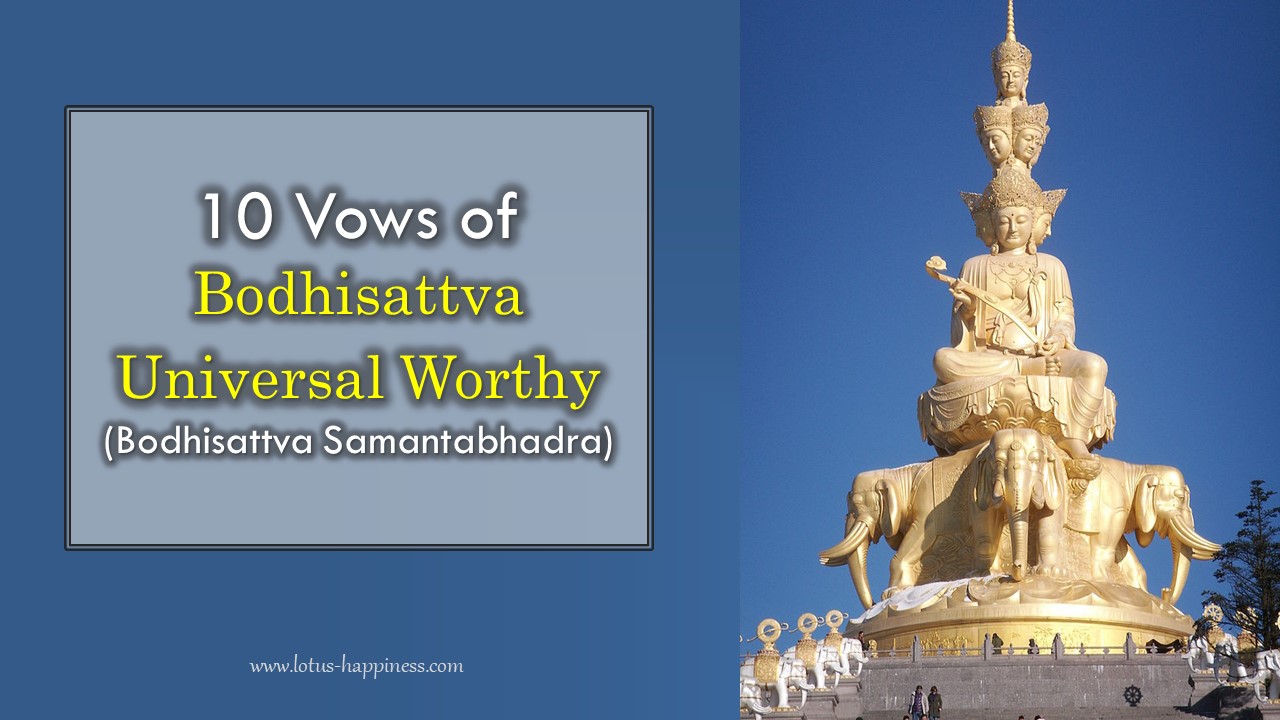
Gosho Study #11: The Actions of the Votary of the Lotus Sutra
My disciples, form your ranks and follow me, and surpass even Mahakashyapa and Ananda, Tien-tai or Dengyo! If you quail before the threats of the ruler of this little island country and abandon your faith, how will you face the even more terrible anger of Yama, the lord of hell? If, while calling yourselves the Buddha’s messengers, you give way to fear, you will be the most despicable of persons! (The Writings of Nichiren Daishonin – 1, p765)
Sharing the Same Resolve as One’s Mentor
This letter was written in 1276 and addressed to the lay nun Konichi, a widow who lived in Awa, from Mount Minobu.
This work is an autobiographical account covering the events of an important period in Nichiren’s life. The chronicle of events begins in 1268 when the Mongol empire sent a delegate to Japan to demand that the nation acknowledge fealty to the Mongols. The predictions of foreign invasion made in On Establishing the Correct Teaching for the Peace of the Land had started to come true. Nichiren once more remonstrated with the Kamakura authorities and religious leaders, but they ignored his repeated warnings but instead struck out against him and his followers.
At this point, Nichiren urges his disciples never to field to persecution but to devote their whole lives to propagating the Mystic Law. His undaunted struggle incurred further wrath from the regime and from other religious schools and finally led to the Tatsunokuchi Persecution in 1271 when he was almost beheaded. When the execution failed, he was exiled to Sado and his disciples in Kamakura were also harshly persecuted when they were either imprisoned or had their lands confiscated.
Later in his work The Opening of the Eyes, which he wrote in Sado in February 1272, Nichiren revealed his mission to lead all people in the Latter Day of the Law to happiness. In the same month, the “February uprising” occurred, fulfilling another of Nichiren’s prediction of internal strife.
He returned to Kamakura in 1274 when he was pardoned from his exile just before an impending invasion by the Mongol forces. Upon his return, he remonstrated with the regime for yet a third time. When the government again spurned his counsel, he left Kamakura to live in the recesses of Mount Minobu, where this letter was written. In this way, Nichiren recollects the events in his life that were filled with successive harsh persecutions and through this, teaches his disciples what it really means to strive in the spirit of selfless devotion to spread the Law as a votary of the Lotus Sutra.
In this passage, Nichiren teaches what it means to wage a struggle in the spirit of not begrudging one’s life as a disciple who is succeeding the mentor’s legacy. In the paragraph preceding this passage, Nichiren states that he is the first to embark on propagating the five characters of Myoho-renge-kyo throughout the entire world. This is an expression of Nichiren’s absolute conviction in leading all people of the Latter Day to happiness. After making this declaration, Nichiren calls forth to his disciples to “form your ranks and follow me”.
We can almost hear Nichiren saying this: “Come my disciples, stand our mentor, up with the same resolve as your mentor, who stood in the vanguard to open the way forward.” It was absolutely vital that the disciples wage a struggle in the spirit of oneness of mentor and disciple, for it is this spirit that serves as the lifeline that ensures the eternal continuity of the kosen-rufu movement. It is through the practice of disciples who regard Nichiren as their mentor who would realise into reality the great desire of the Buddha to enable all people to attain enlightenment.
Thereafter in this passage, Nichiren exhorts his disciples to surpass Shakyamuni’s ten major disciples of the Former Day of the Law and the teachers of the Middle Day of the Law. Having the greatest mentor and dedicating one’s life for the sake of kosen-rufu is indeed remarkable and lofty, and the benefits that one receives from doing so is indeed boundless.
Nichiren then teaches his disciples to be fearless and never be cowardly. Disciples who stand up together with Nichiren in the spirit of selfless dedication are proud “messengers of the Buddha”. A life dedicated to the cause for the happiness of the people is most respect-worthy”.
Key Points:
- In this passage, Nichiren teaches what it means to wage a struggle in the spirit of not begrudging one’s life as a disciple who is succeeding the mentor’s legacy.
- Nichiren states that he is the first to embark on propagating the five characters of Myoho-renge-kyo throughout the entire world. This is an expression of Nichiren’s absolute conviction in leading all people of the Latter Day to happiness.
- After making this declaration, Nichiren calls forth to his disciples to “form your ranks and follow me”.
- It was absolutely vital that the disciples wage a struggle in the spirit of oneness of mentor and disciple, for it is this spirit that serves as the lifeline that ensures the eternal continuity of the kosen-rufu movement.
- Nichiren then teaches his disciples to be fearless and never be cowardly. Disciples who stand up together with Nichiren in the spirit of selfless dedication are proud “messengers of the Buddha”.











